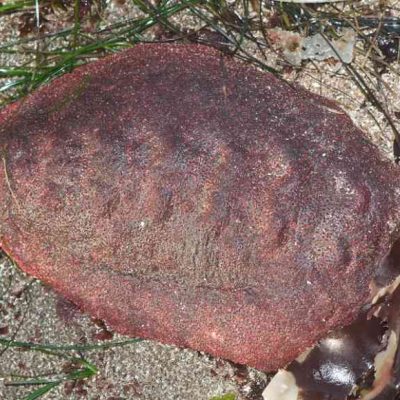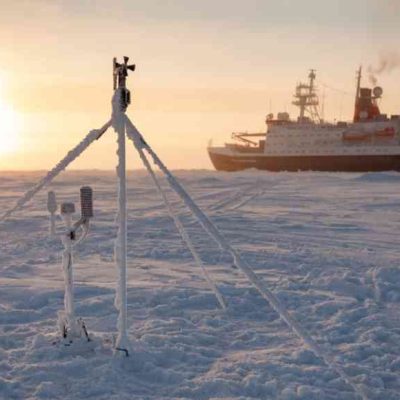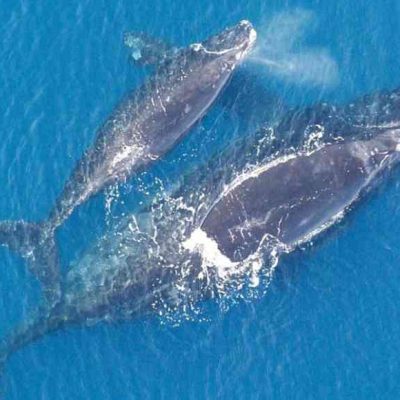Science Shop
Advertisement
Self-Dissolving Heart Pacemaker
- By Geert Devenster
- . June 29, 2021
The development of a fully biodegradable temporary pacemaker has been hailed as a significant breakthrough in modern medicine. Every year, hundreds of thousands of people

Revival of Microorganisms After 24,000 Years
- By Rolf Lewis
- . June 8, 2021
In a groundbreaking discovery, scientists have found a multi-cellular microorganism that has survived for 24,000 years in the Siberian permafrost. The organism, a type of

Elephants suck water at 540 km/h
- By Rolf Lewis
- . June 6, 2021
Elephants are known for their impressive trunks, which can be used for a variety of tasks. Researchers at Zoo Atlanta recently conducted an experiment to

Human Genome Decoded Completely
- By Geert Devenster
- . June 3, 2021
In 2001, several research groups announced that they had decoded 92% of the human genome, a milestone for biomedical research and science as a whole.

Rare Material Found in Giant Snail’s Teeth
- By Rolf Lewis
- . June 2, 2021
The Red-Giant African Land Snail, also known as the “Wandering Meatloaf,” may not look like much, but it possesses a remarkable material in its teeth.

Laser beams prevent lightning strikes.
- By Geert Devenster
- . May 25, 2021
A new laser lightning rod has been developed to manipulate the path of lightning strikes, providing protection for large buildings such as airports. Traditional lightning

Earth’s Stratosphere Thinning from Greenhouse Gases
- By Geert Devenster
- . May 14, 2021
The Earth’s stratosphere, the second layer of the atmosphere, has been continuously thinning due to climate change since the 1980s. While it has been known

Melting Arctic Ice Accelerates
- By Geert Devenster
- . May 6, 2021
The Arctic ice is melting at an unprecedented rate, according to observations made by scientists aboard the German research vessel Polarstern and satellite data analysis.

AI to save rare whale species
- By Geert Devenster
- . May 5, 2021
The Atlantic North Right Whale, one of the world’s most endangered species, is facing extinction. However, a new technology has been developed to help preserve

Cheaper Wind Energy in Future
- By Geert Devenster
- . April 21, 2021
The cost of wind energy is set to significantly decrease in the coming years, with experts predicting a possible halving by 2050. According to a









